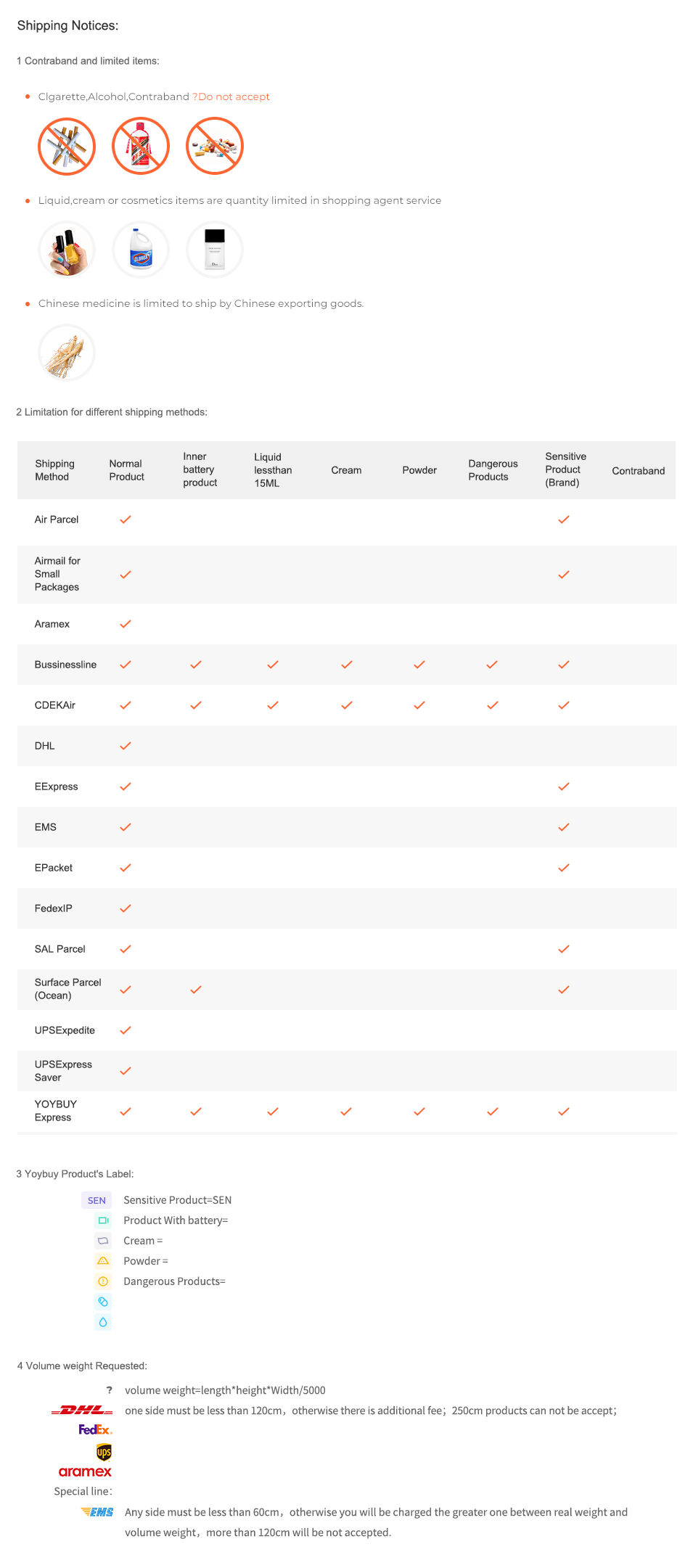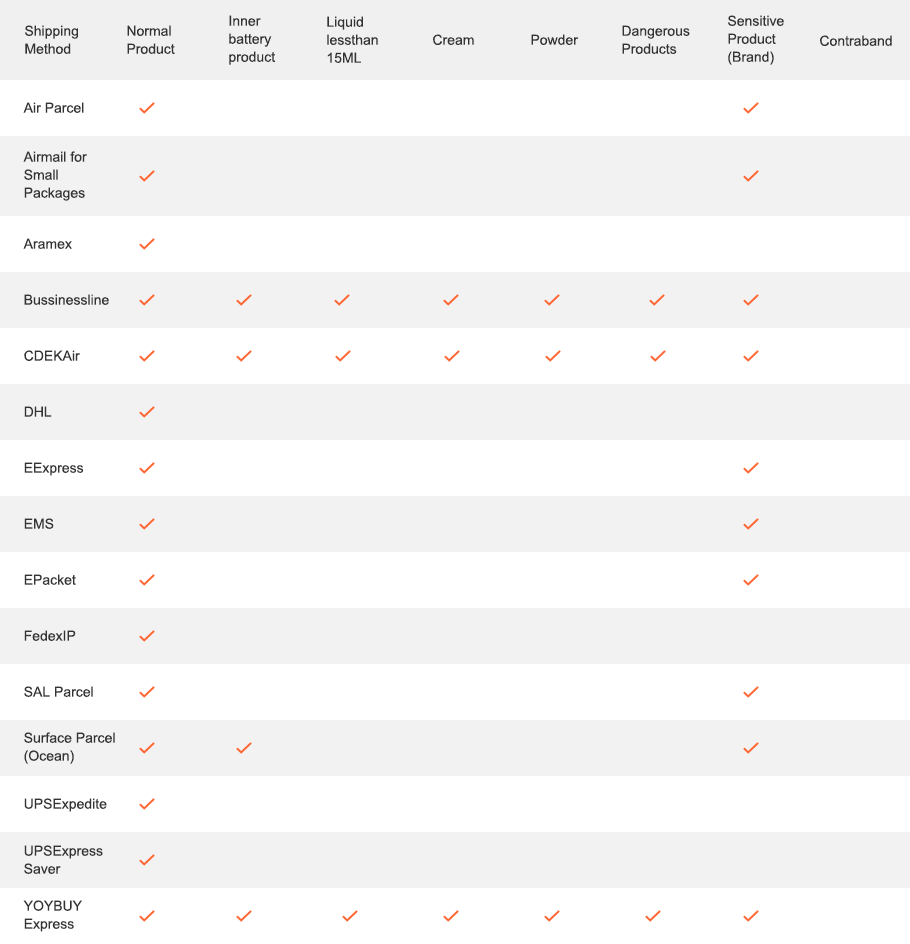
Doctor's Best Vitamin C Powder with Quali-C, Healthy Immune System, Brain, Eyes, Heart and Circulation, Joints, Sourced from Scotland, 250G
Retail Price:
$
14.98
Wholesale Price:
Inquire Now
This website follows the safe harbor principle. If any infringement, please inform us in time
and we will delete it in time.
About safe harbor,please click here to learn more.

After Sale Service:
1 Insurance Policy:
Click to go to the Help Center to view the Insurance Policy
2 The rules apply and summit for receive compensation
3 The conditions of accrual for amount insurance
3 The conditions of accrual for amount insurance
5 Damage to the parcel during international shipping, which resulted in damage to the goods in it
6 Loss of individual goods under international shipment
The absence individual goods in the parcel
7 Non-compliance individual goods in color, size, complications
Damage to the goods during international shipment
8 Returns Policy:
Click to go to the Help Center to view the Returns Policy

Doctor's Best Vitamin C Powder with Quali-C, Healthy Immune System, Brain, Eyes, Heart and Circulation, Joints, Sourced from Scotland, 250G
Doctor's Best Vitamin C Powder with Quali-C, Healthy Immune System, Brain, Eyes, Heart and Circulation, Joints, Sourced from Scotland, 250G
BEST SELLERS

Vitamin c is a key compound in the body's "antioxidant network," a chain of synergistic, inextricability linked, well-studied antioxidants that includes glutathione (GSH) and vitamin e. When vitamin e uses its antioxidant function in neutralizing free radicals, it also loses this antioxidant function. Vitamin c can change this status; it can regenerate vitamin e back to its native form, and is thought to "spare" glutathione in the body as well. Importantly, when ascorbate donates an electron and becomes itself oxidized, or "consumed," the ascorbate radical is relatively harmless. In a double-blind, placebo-controlled study in which blood GSH was measured in healthy subjects at several stages, 500 mg of vitamin c taken daily for 2 weeks significantly raised erythrocyte (red blood cell) glutathione levels. The researchers concluded that vitamin c supplementation at that level can benefit the overall antioxidant capacity of the blood.
From the manufacturer
Shipping Notices:
1 Contraband and limited items:
Clgarette,Alcohol,Contraband ?Do not accept



Liquid,cream or cosmetics items are quantity limited in shopping agent service



Chinese medicine is limited to ship by Chinese exporting goods.

2 Limitation for different shipping methods:

3 Yoybuy Product's Label:
Sensitive Product(SEN)
Product With battery
Cream
Powder
Dangerous Products
4 Volume weight Requested:

volume weight=length*height*Width/5000

one side must be less than 120cm,otherwise there is additional fee;250cm products can not be accept;




Any side must be less than 60cm,otherwise you will be charged the greater one between real weight and volume weight,more than 120cm will be not accepted.
After Sale Service:
1 Insurance Policy: Click to go to the Help Center to view the Insurance Policy
2 The rules apply and summit for receive compensation
3 The conditions of accrual for amount insurance
3 The conditions of accrual for amount insurance
5 Damage to the parcel during international shipping, which resulted in damage to the goods in it
6 Loss of individual goods under international shipment
The absence individual goods in the parcel
7 Non-compliance individual goods in color, size, complications
Damage to the goods during international shipment
8 Returns Policy: Click to go to the Help Center to view the Returns Policy

BEST SELLERS


 Language
Language

 Currency
Currency
Upload image to find the same item
 Drag the image here, or
Click to upload
Tips: Only jpg, jpeg, png, webp
Drag the image here, or
Click to upload
Tips: Only jpg, jpeg, png, webp


Scan the QR code and use your phone to take a direct photo search.
×



















